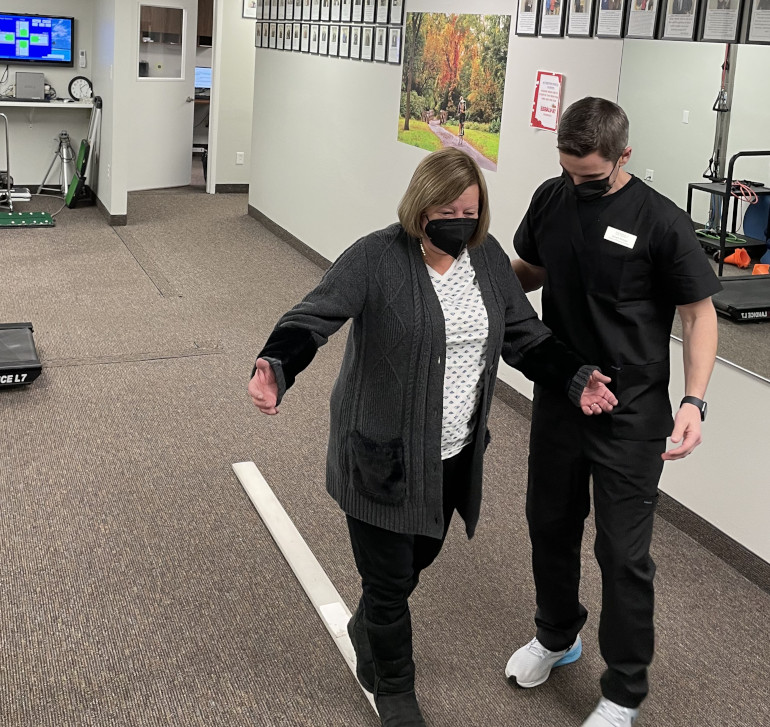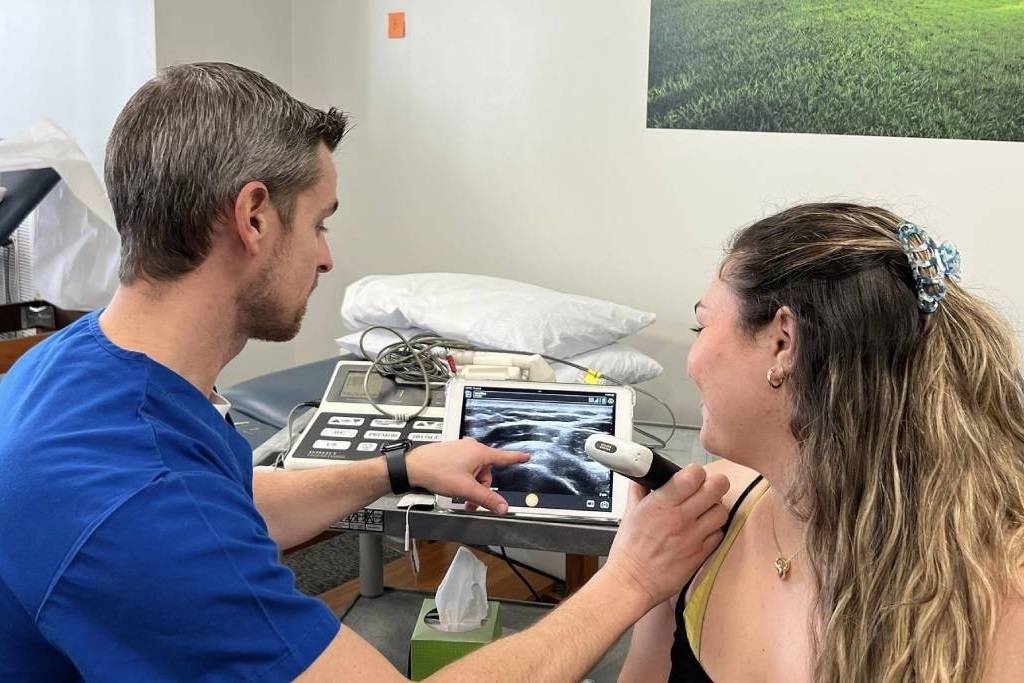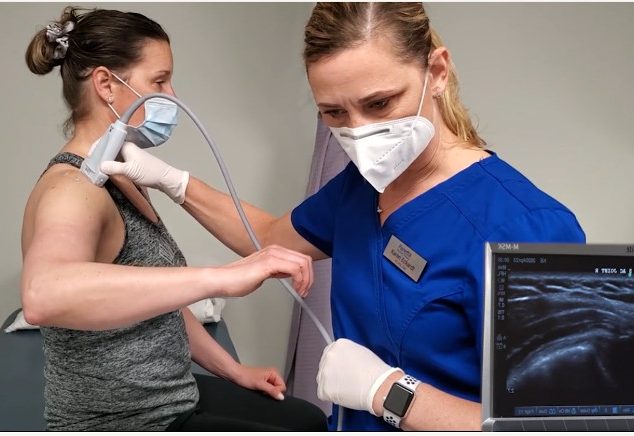DIAGNOSTICS
At Panetta Physical Therapy, we provide advanced, on-site diagnostic testing to accurately assess your condition and personalize your treatment plan.

WE OFFER
FCE
FUNCTIONAL CAPACITY EVALUATION
What It Is:
An FCE is a specialized test that measures how well your body can handle everyday tasks—like lifting, bending, walking, or reaching. It’s not just about strength, but about endurance, flexibility, balance, and how safely you can move through daily activities or work tasks.
What to Expect:
You’ll first talk with a therapist about your medical history, injury, and goals.
Then you’ll go through a series of physical activities (like lifting weights, carrying objects, or climbing stairs) while your therapist carefully monitors you.
The results are put into a detailed report showing what you can do safely, and where you might still need therapy.
Why It’s Done:
- To help create a personalized rehab plan based on your abilities.
To see if you’re ready to return to work after an injury.
To find out what physical tasks you can safely do.
Sometimes required for insurance, disability claims, or worker’s comp cases.
Why It’s Helpful:
Instead of guessing, an FCE gives clear, measurable results that guide your recovery and help others (like doctors, employers, or insurance providers) understand your true abilities.

“I have been referring patients to Panetta Physical Therapy for many years for the Functional Capacity Evaluation. The team of Panetta is competent and friendly. They provide in-depth reports that help us make important decisions.”
– Thomas Heinisch, PA
Long Island Orthopedic Solutions
EMG/NCS
ELECTROMYOGRAPHY & NERVE CONDUCTION STUDIES
What They Are:
These are two tests often done together to check how healthy your nerves and muscles are:
Nerve Conduction Study (NCS): Small sensors are placed on your skin to measure how fast and how well your nerves send signals.
Electromyography (EMG): A very fine needle is placed in the muscle to see how it responds when it contracts and relaxes.
Why It’s Done:
To find out if your pain, numbness, tingling, or weakness is coming from a nerve problem, a muscle problem, or both.
To help diagnose conditions like carpal tunnel syndrome, sciatica, pinched nerves, neuropathy, or muscle disorders.
To guide your doctor or therapist in choosing the best treatment plan.
What to Expect:
The NCS feels like small, quick pulses (similar to a mild static shock).
The EMG may feel like a brief pinch from the needle, with some muscle soreness afterward.
The whole test usually takes 30–60 minutes, and you’ll get results quickly.
Why It’s Helpful:
Many people have overlapping symptoms (like numbness or weakness) that could come from different causes. These tests pinpoint the exact source of the problem, so your treatment can be precise and effective.

MEET DR. ILICIA MANZI
Director of Electrodiagnostic Testing
Dr. Manzi leads our electrodiagnostic testing program with a compassionate, patient-focused approach. As Director of Electrodiagnostic Testing, she specializes in performing EMG and Nerve Conduction Studies to help pinpoint the source of nerve and muscle problems such as carpal tunnel, sciatica, and neuropathy. With advanced training and years of clinical experience, Dr. Manzi combines technical expertise with a calm, reassuring presence, making a test that can sound intimidating feel comfortable and easy to understand.
MSKUS
MUSCULOSKELETAL ULTRASOUND
What It Is:
MSKU uses sound waves (not radiation) to create live images of your muscles, tendons, ligaments, and joints. Unlike X-rays, which only show bones, ultrasound lets us see soft tissue moving in real time.
Why It’s Done:
To spot injuries like tendon tears, muscle strains, ligament sprains, bursitis, arthritis, or fluid buildup.
To check areas that are painful, swollen, or stiff.
To guide treatment, such as showing exactly where an injury is so your therapist can target it.
What to Expect:
You’ll sit or lie down, and a therapist will place a small probe with gel on your skin.
The probe moves over the injured area, and you might be asked to move the joint or muscle while the images are taken.
The whole process is quick, painless, and safe (usually 15–30 minutes).
Why It’s Helpful:
MSK ultrasound is a fast, affordable, and accurate way to get answers, often right during your visit. It shows how your muscles and joints are working in motion, something MRIs and X-rays can’t do. It’s also safe for everyone since there’s no radiation.

Dr. Joseph Burbige performing a MSKUS exam on a patient’s shoulder

Dr. Daria Bystry performing a MSKUS exam on a patient’s shoulder
